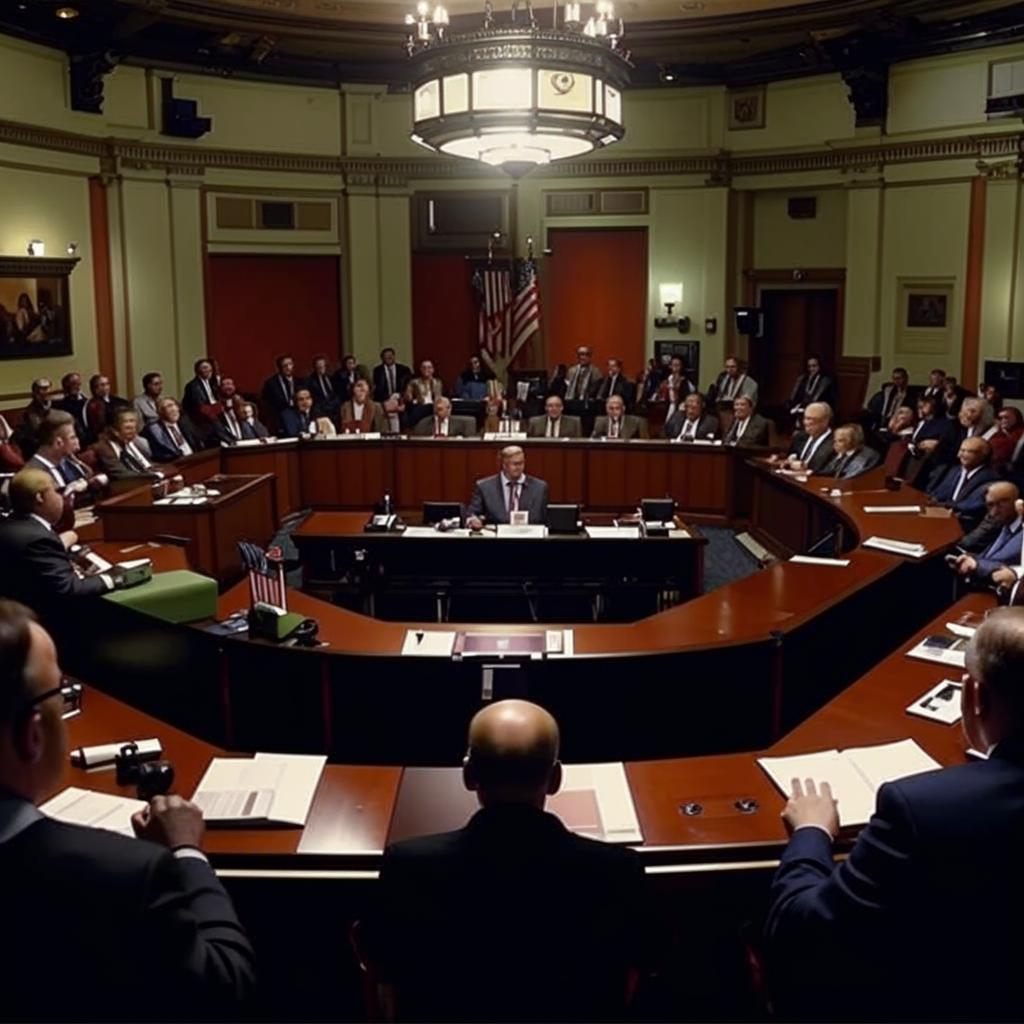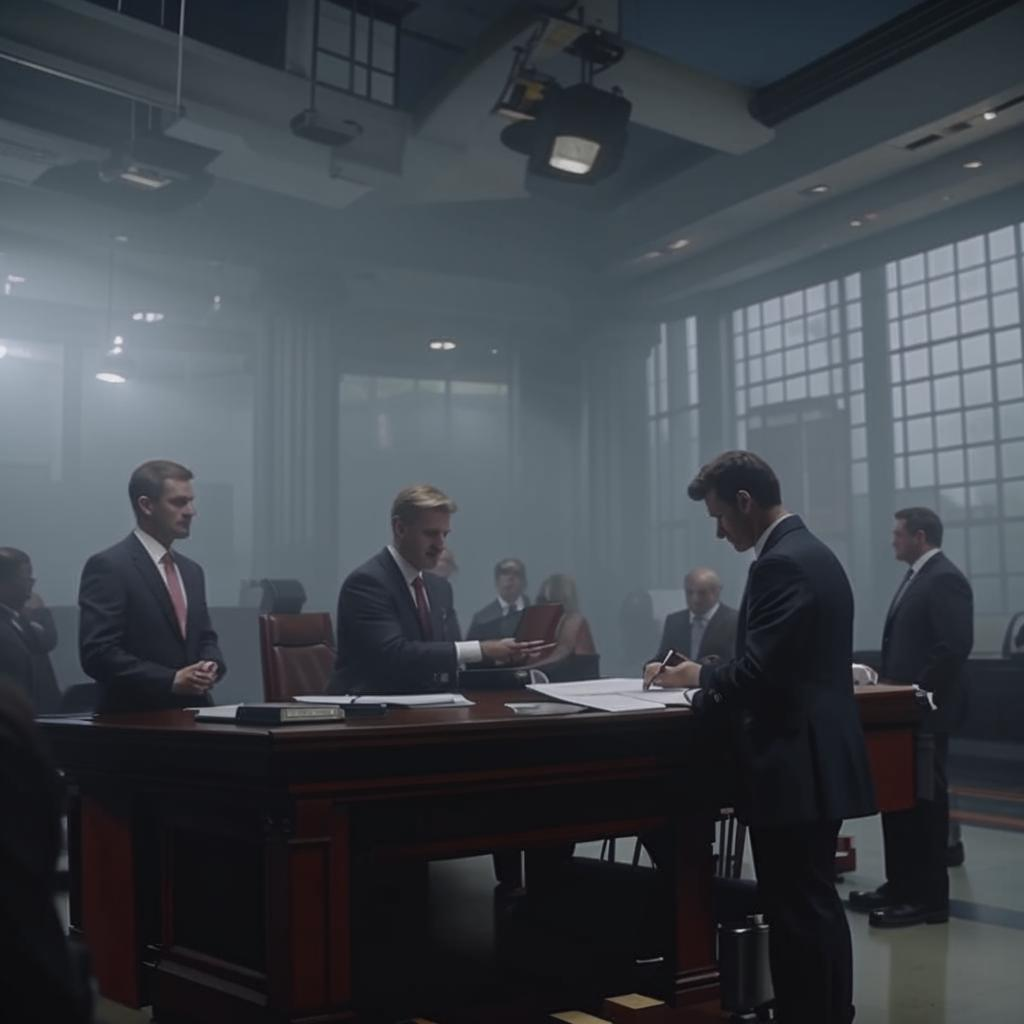A House committee has taken a significant step towards repealing the 2002 Authorization for Use of Military Force (AUMF) against Iraq, a move signaling a potential shift in congressional war powers. The repeal passed the House Foreign Affairs Committee, marking renewed bipartisan interest in curtailing presidential authority to wage war without explicit congressional approval.
The original AUMF, passed in the wake of the September 11th attacks, provided the legal basis for the invasion of Iraq and has been used in subsequent military actions across the Middle East. Critics argue that the authorization has been stretched far beyond its original intent, granting presidents unchecked power to engage in military conflicts.
The effort to repeal the AUMF reflects a growing desire in Congress to reassert its constitutional role in declaring war. Supporters of the repeal argue that it would not only prevent future presidents from unilaterally launching military interventions but also send a message that Congress is serious about holding the executive branch accountable.
While the House committee’s vote is a positive step, the repeal still faces hurdles. It must pass the full House and Senate, and it remains to be seen whether there is sufficient support in both chambers to overcome potential opposition. Some lawmakers may be hesitant to relinquish the existing AUMF without a clear replacement in place, fearing that it could weaken the U.S.’s ability to respond to future threats.
This move comes amid broader debates about the scope of presidential war powers and the need for congressional oversight. The repeal of the Iraq AUMF could set a precedent for reevaluating other existing war authorizations and could ultimately lead to a more balanced distribution of power between the executive and legislative branches in matters of war and peace.














